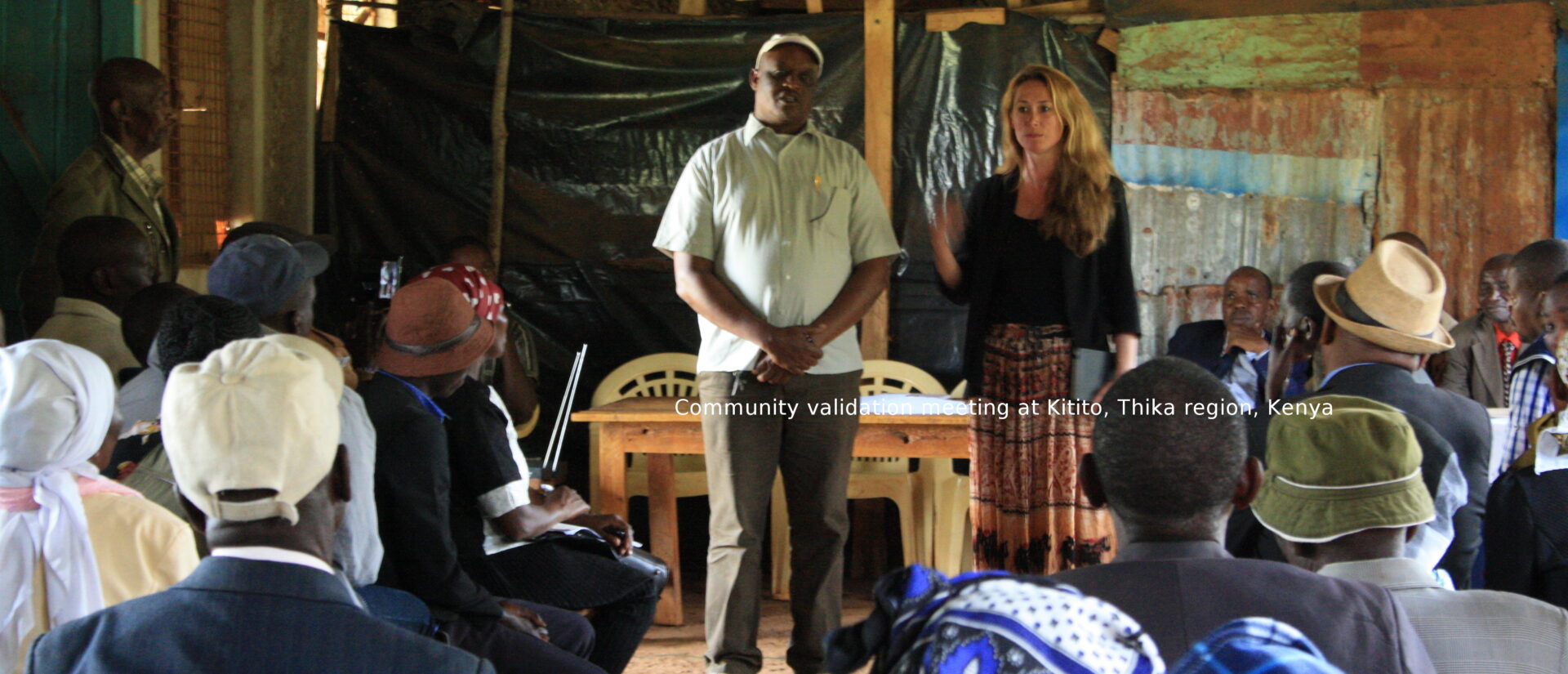
Strengthening capacity of civil society in Tanzania and Kenya to influence business and human rights affairs
SOMO is heading a project in Tanzania and Kenya to strengthen capacity of local actors and communities to deal with human rights abuses by business enterprises, and to promote the implementation of the UN Guiding Principles on Business and Human Rights in East Africa. The project unites civil society organisations and National Human Rights institutions in their efforts to induce business respect for human rights: the Danish Institute for Human Rights (DIHR), Kenya National Commission on Human Rights (KNCHR), Kenya Human Rights Commission (KHRC), the Commission on Human Rights and Good Governance (CHRAGG) in Tanzania, and Business and Human Rights Tanzania (BHRT).
What do we want to achieve? This project aims to empower civil society organizations and communities to make use of grievance mechanisms to tackle the negative effects of business operations they experience, and to ensure that they have the skills to continue doing so in the future. At the national level, this project is helping to establish forums for multi-stakeholder dialogue to promote a reform agenda for business and human rights. At the regional level, it aims to facilitate lessons-learned exchanges and promote collaborative actions toward solving common challenges in the business and human rights domain in throughout East Africa.
Funding partner:
- US Department of State, Department of Democracy Human Rights and Labour
Project partners:
- The Danish Institute for Human Rights (DIHR), Denmark
- Kenya National Commission on Human Rights (KNCHR), Kenya
- Kenya Human Rights Commission, Kenya
- Commission on Human Rights and Good Governance (CHRAGG), Tanzania
- Business and Human Rights Tanzania (BHRT), Tanzania
Related news
-
 CSDDD Datahub reveals law covers fewer than 3,400 EU-based corporate groupsPosted in category:News
CSDDD Datahub reveals law covers fewer than 3,400 EU-based corporate groupsPosted in category:News David Ollivier de LethPublished on:
David Ollivier de LethPublished on: -
 Additional evidence filed against Booking.com for profiting from illegal settlementsPosted in category:News
Additional evidence filed against Booking.com for profiting from illegal settlementsPosted in category:News Lydia de LeeuwPublished on:
Lydia de LeeuwPublished on: -
 The hidden human costs linked to global supply chains in ChinaPosted in category:News
The hidden human costs linked to global supply chains in ChinaPosted in category:News Joshua RosenzweigPublished on:
Joshua RosenzweigPublished on:


